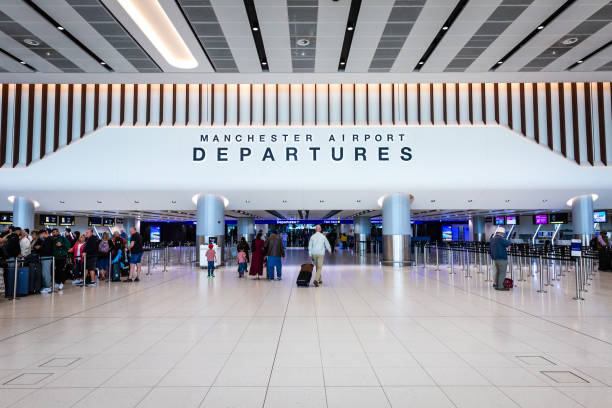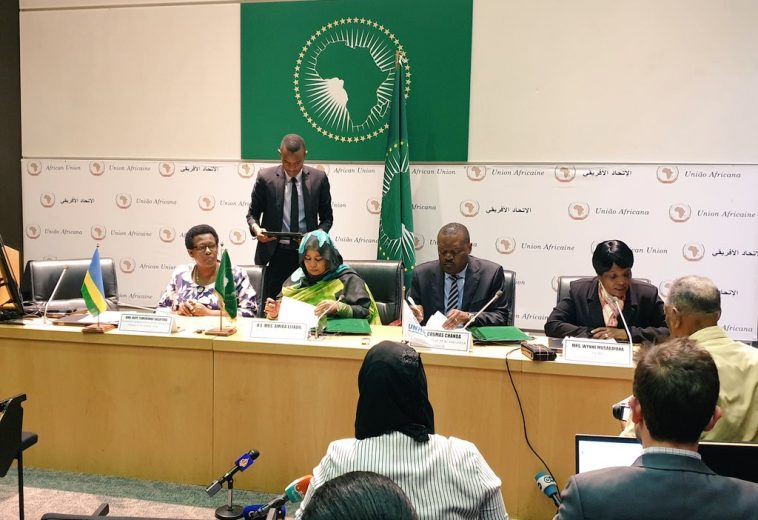June 25 is a day marked out by the International Maritime Organisation (IMO) to celebrate seafarers and their contribution to global trade. The Day of the Seafarer was adopted by the 2010 Diplomatic Conference in Manila, Philippines, to recognize the unique contribution of seafarers from all over the world to international seaborne trade, the world economy and civil society as a whole.
According to the International Chambers of Shipping, the international shipping industry accounts for the carriage of 90% of world trade, proving that the value chain is the blood vessel of global trade. Currently, there are 1,892,720 registered seafarers working on over 50 thousand shipping vessels globally with a proportionate number of these seafarers in Africa making it a thriving industry in the continent.
This year’s Day of the Seafarer, the IMO is campaigning safety in the work environment for sailors to maintain safety measures on board sea vessels no not only to ensure their safety, but also to protect goods and property on board. The IMO Secretary-General, Arsenio Dominguez, in his message on the Day of the Seafarer 2024, emphasized the importance of seafarers in trade, saying that without seafarers, global trade would not be possible. According to him, “In recent years, seafarers have faced hostile acts from piracy or in conflict zones”
This trade, especially those that operate along the Horn of Africa, have been affected by regional conflicts and pirates who attack these ships, kidnapping their crewmen and hijacking their cargo. According to the International Maritime Bureau (IMB), kidnapping for ransom increased by 50% between 2018 and 2019, and 10% increase between 2019 and 2020. In 2020, there were 84 attacks and 135 kidnappings of seafarers. Currently, Africa accounts for over 95% of all global kidnappings for ransom at sea and has a high level of maritime crimes that range from armed robbery, transnational organized crime, illegal fishing, and illegal trafficking and smuggling of goods.
With these alarming numbers it is important that the international community; the IMO, AU and regional bodies earmark necessary and effective methods to protect the routes of sea vessels and the lives of seafarers in the continent.


